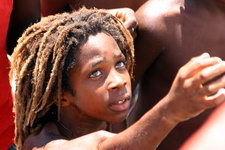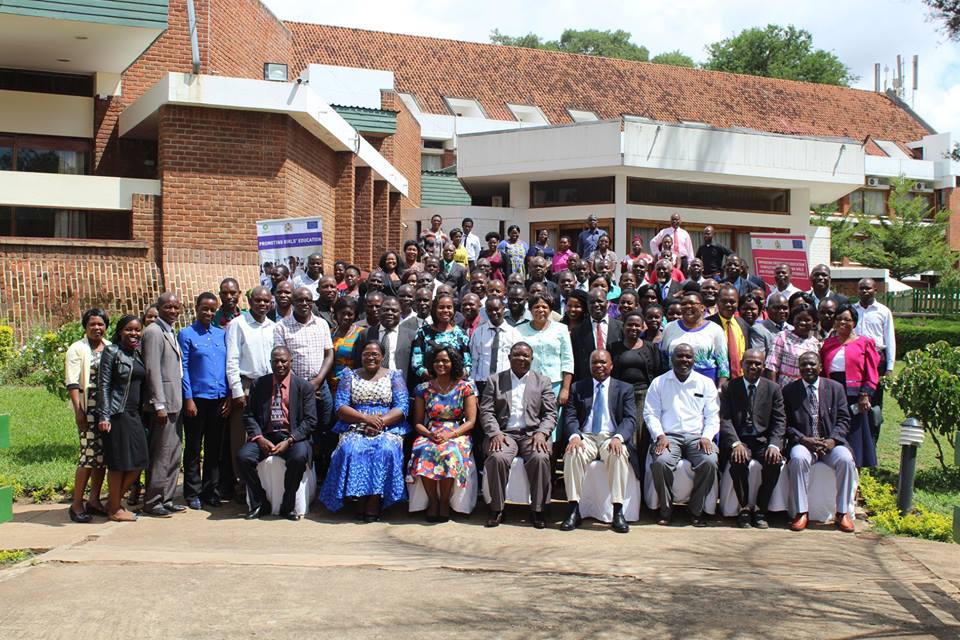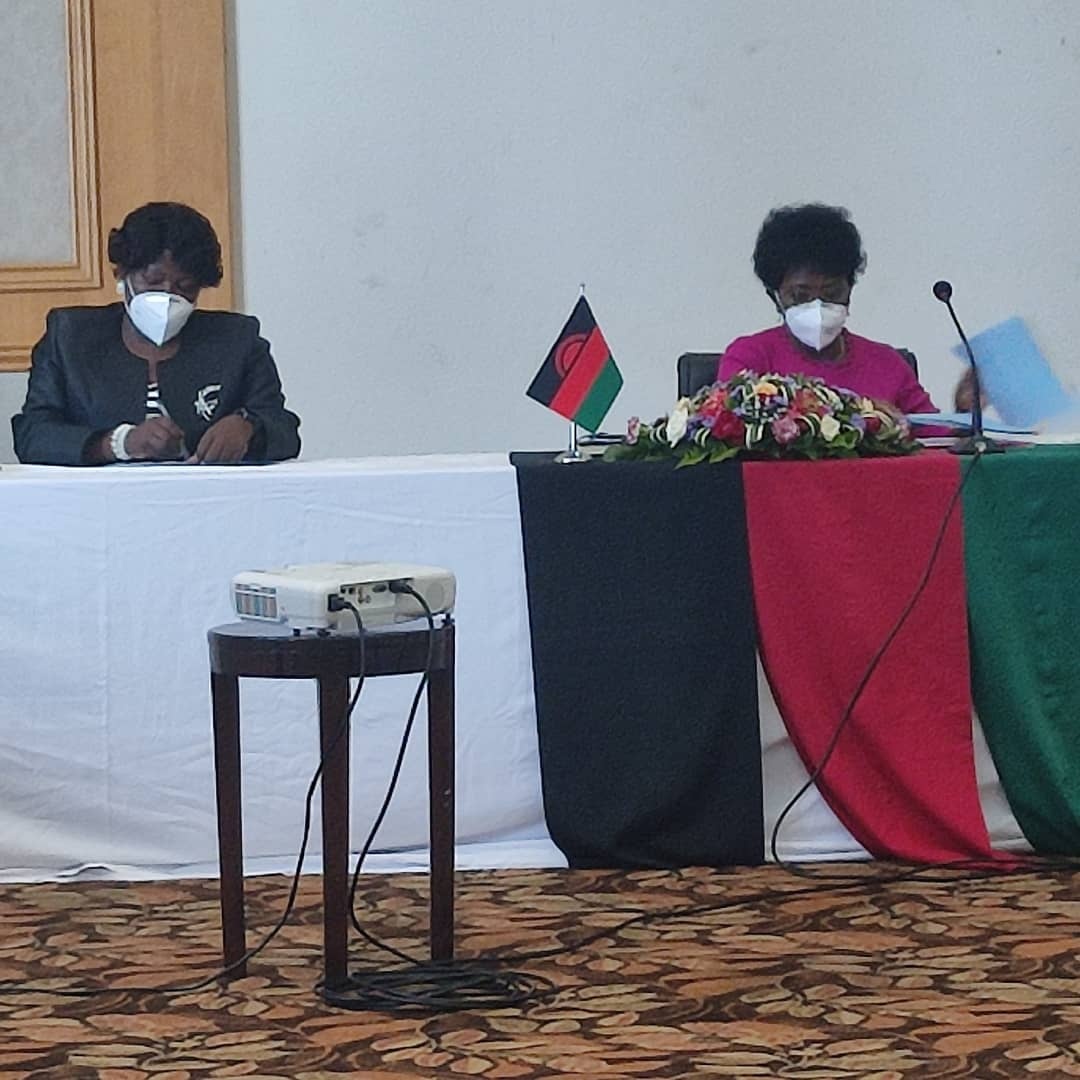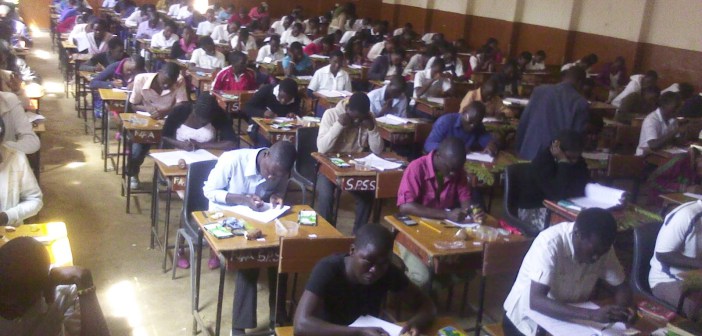There was confusion at Makapwa Primary School in Thyolo recently when three dreadlocked Rastafarians stormed the school to find out from the head teacher why their children were being denied classes.
The children at the school fled in all direction with some spreading rumours that blood suckers had invaded the school.
The School’s head teacher sent back Miriam, a 13 year Standard eight pupil, George, 11, who is in standard six and Fadweck, an eight year old boy in standard three, all children of Ras James Dinesi for having dreadlocks.
Ras Dinesi of Makombe Village T/A Kapichi in Thyolo told Malawi News that his children were sent back from school at the beginning of this term.
“When I went to the head teacher, he told me that the children will be allowed to come back only when they remove the locks. Up to now my children are just staying at home which is very unfair,” Dinesi said.
But the head teacher, Enos Chimberenga, told Malawi News that he acted on instructions and following government policies.
“When the children came in dreadlocks at the school on the opening day I consulted the chairperson for PTA who instructed me to send back the children,” Chimberenga said.
The National Publicity Secretary for the Rastafarian Community, Ras Jah Vision said in an interview that their children are being denied the right to education due to their belief.
“What head teachers in schools are doing is injustice because they are using educational policies which were written by colonial masters which are outdated.
These policies are not in line with the Malawi Constitution which talks of freedom of conscience and religion.
“Though Malawi is said to be a democratic country, its democracy is yet to mature since most human rights are denied from a lot of people,” Vision said.
He said that the Rastafarian community in Malawi is ready to go to the street to fight for the rights of their children.
“If our concerns are not addressed very soon we are ready to conduct peaceful demonstrations throughout Malawi since a Rasta is a peace loving man,’ he said.
But a spokesperson for Ministry of Education, Lindiwe Chide, said that different schools follow some guidelines which aim to encourage uniformity among pupils.
“You may wish to note that as a ministry we have policies that are guiding the implementation of various programmes including everyday administration of schools.
“From these policies and guideline we have generic rules and regulations that apply to all schools and some that apply to particular schools as agreed by school management and parents,” Chide said.
She said schools reserve the right of admission for pupils.
“Things like student dressing and general upkeep are left to school management and parents to decide. To cut a long story short, schools are at liberty to accept Rastafarian children or not.
“This is so because schools would like to encourage uniformity among learners much as they respect their religions. We are running away from a situation where every religion will be bringing itspractices into the school premises.
It defeats the purpose of having order in the school. It’s a rights issue yes, but let us also remember our responsibilities as parents and learners,” she said..
Executive director for Civil Society Education Coalition (CSCEC), Benedicto Kondowe, said that the issue of dreadlocks should be understood from the perspective of the freedom of worship and the right to education
“While every profession has its own code of conduct which surely must be appreciated, it is important that such efforts are aligned to the call for respect of human rights.
“From this perspective, it would be observed that some level of compromise has to be made to accommodate the Rastafarian community as long as such decision does not undermine the rights of other students,” Kondowe said.
Kondowe said that he feels that the solution to the problem is that education policies should be refined to accommodate learners from different backgrounds.
“While this is done, learners and guardians should appreciate responsibilities in enjoying their respective rights. In the case of Rastafarians, government should engage stakeholders on what would be the minimum compromises on the matter in question while observing that rights without responsibilities are next to nothing,” he said.





No comments! Be the first commenter?